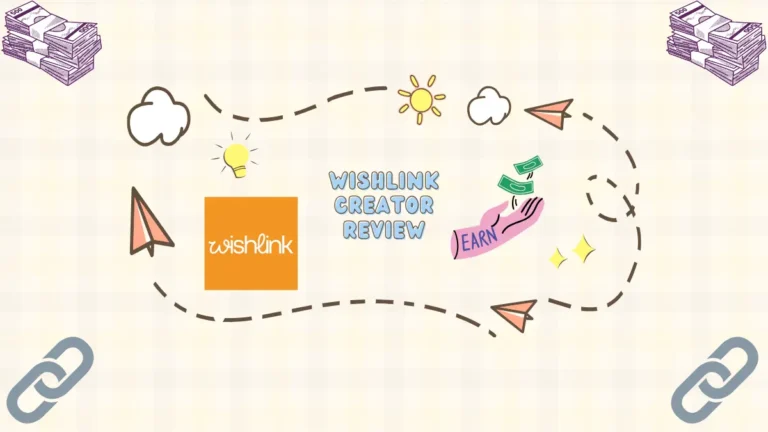Buying digital land in the metaverse could amount to a poor investment decision, according to a recent expletive-laden statement by billionaire investor, Mark Cuban. The cryptocurrency and NFT enthusiast labeled the purchase of metaverse real estate “the dumbest **** ever” in an interview with Altcoin Daily, but is it really dumb to buy land in the anticipation of the new digital frontier?
Cuban’s comments come at a time when metaverse real estate prices are dwindling in the wake of a significant rally throughout late 2021 and early 2022. The investor is well acquainted with the cryptocurrency and blockchain landscape which shares many properties with the metaverse.
This dismissive attitude towards virtual real estate, which is built on NFT-based proof of ownership, is made all the more impactful because of Cuban’s investment in Yuga Labs, the company that owns NFT collections such as the wildly popular Bored Ape Yacht Club as well as its own collection of digital land plots.
“It was great money for them, but that wasn’t based off utility,” Cuban said. “There’s unlimited volumes that you can create,” he added, noting that the scarcity of land in the physical world can’t be replicated digitally where boundaries can be virtually limitless.

(Image: The Information)
This surprising dismissal of metaverse real estate comes at a time when virtual land prices and trading volumes are falling significantly across major metaverse platforms like The Sandbox and Decentraland.
So, is buying metaverse real estate as dumb as Mark Cuban suggests? Or could the investor’s comments prove to be an oversight as the next digital frontier unfolds?
The Problem with Teleportation
At this point, it’s important to note that there is little doubting the potential that the metaverse holds for businesses and users alike. The rise of Web3 has been an exciting prospect across the board, and companies like Netflix, Samsung, and Sotheby’s have all been quick to pick up virtual plots of land in key digital locations across Sandbox and Decentraland metaverses in preparation.
Cuban’s key point surrounding the fallacy of metaverse real estate is that there is no such thing as scarcity of land. Although metaverses are set to host virtual high streets, highways, and central business districts just like the real world, notion of teleportation between locations means that there will be little point in investors buying up prime real estate in a bustling area when any address in the metaverse can be reached in an instant.
With this in mind, it’s more likely that exclusive benefits and features available to residents in specific areas are more likely to bring value to digital real estate rather than a prime location. However, with the metaverse still in its formative stages, the suggestion of what could be more or less valuable when it comes to virtual land is extremely speculative.
Cuban’s comments come as the result of an educated guess as to how the metaverse will manifest itself as Web3 grows and matures. It’s this speculation that’s led to some investors paying significant amounts of money for virtual real estate in a similar manner to that of the dotcom boom and URLs.
Given that the metaverse is yet to take shape, now could be a prosperous time for those willing to make educated guesses as to what the future holds for virtual real estate. However, it may ultimately pay to wait for more market movements before fully embracing the Web3 bandwagon.
The Case for Virtual Real Estate
Whilst it’s certainly true that virtual real estate property values are generally declining as more speculative investors exit the market, we’ve seen a significant fall in the volume of on-sale properties across The Sandbox and Decentraland – which indicates that more owners are intent on holding their assets rather than selling up in the downturn. This trend shows that confidence in future price appreciation remains high.
There’s also evidence that properties can increase in value based on their location. For instance, The Motley Fool recently reported that The Sandbox LAND 152034 which was originally sold on July 22nd 2021 for $2,290.93, resold almost one year on for $5,540.70 on July 14th 2022 – representing a gain of nearly 142%.
Likewise, Decentraland’s EST 3723 recently sold for $82,391, representing a $23,000 increase on its initial January 24th 2021 sale.
Furthermore, current prices can represent relatively low input costs for establishing a metaverse business. Sam Huber, owner of virtual real estate developer Admix, noted in a recent interview with Fast Company that the properties designed, developed, and rented to brands have been bringing in as much as $60,000 per month per property – with some delivering profit margins ranging towards 70%.
With the rise of specialist metaverse construction studios like the BORN Studios, Web3 is undoubtedly set to bring scores of opportunities for businesses intent on growing their digital operations.
Whether investing in prime metaverse real estate will prove to be as ‘dumb’ as Mark Cuban suggests will become clear over time. However, even the frontier’s most vocal critics couldn’t doubt the vast potential that the metaverse holds for businesses and users alike. What this new interconnected landscape will look like remains to be seen, but it’s certain that the future looks bright for those who move intelligently to embrace the promise of the metaverse.
Read more: Insights On How To Create a Virtual Metaverse World



